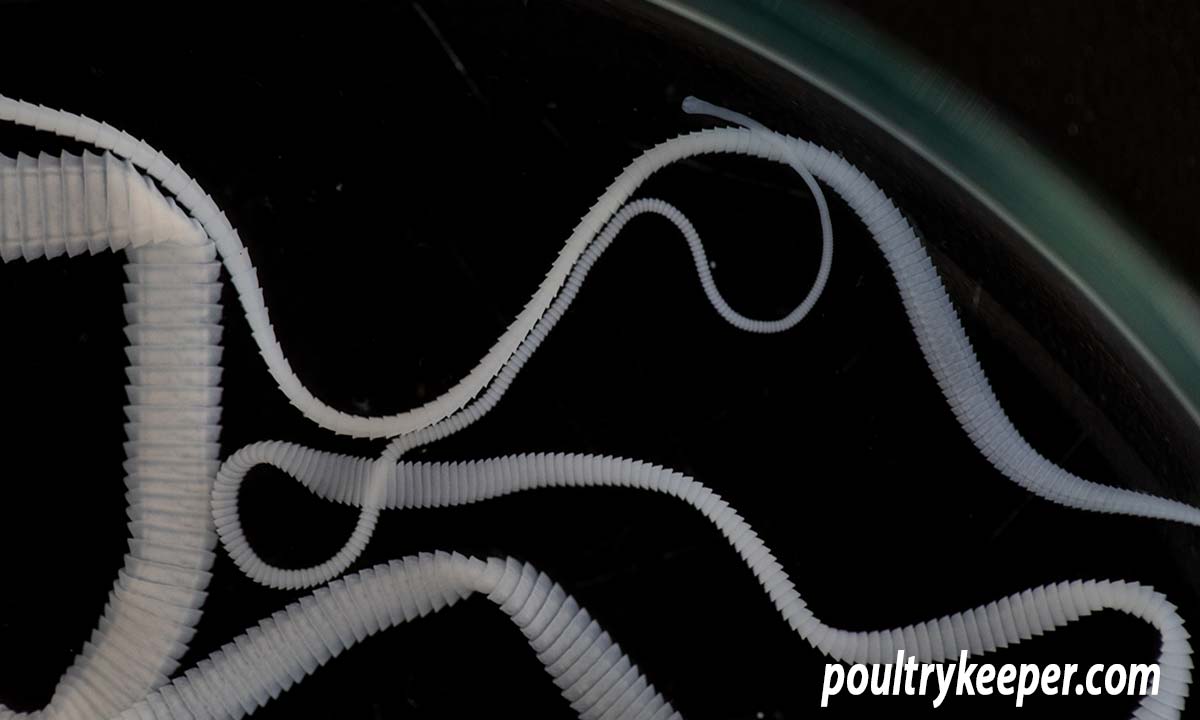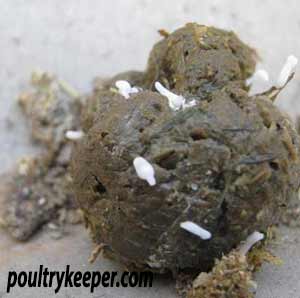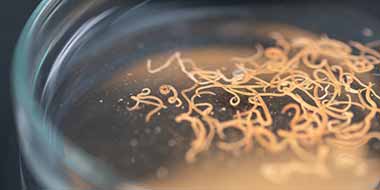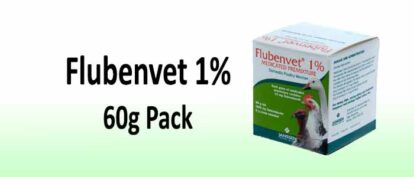
Many different tapeworm species affect poultry, although they are not often found, and thankfully, most of them are completely harmless.
July 2021
Westgate Labs perform worm egg counts in the UK and have reported a higher number of cases of tapeworm than normal.
Large numbers of tapeworms can cause weight loss and a reduction in laying. Tapeworms or Cestodes vary in length, some are 4 to 5 mm long, and others are up to 25cm long!
Tapeworms infect birds indirectly via intermediate hosts such as flies, earthworms and snails. The adult tapeworm lives in the bird’s intestines; it buries its head in the lining of the intestines. Tapeworm is quite rare to find in chickens but can still be found on occasions.
Signs and Symptoms
Diarrhoea (sometimes bloody diarrhoea such as with Raillietina tapeworms that use beetles as an intermediate host) weight loss, reduced egg production.
One reliable indication is tapeworm segments or worms in droppings; however, tapeworms will not always show up on a worm egg count.
Death can occur with substantial infestations.
The photo here, courtesy of chickenvet, shows (white) tapeworm segments in a chicken’s dropping.

Treatment
There is conflicting advice on what kills tapeworm. Flubenvet at the standard dose will not usually kill tapeworms in chickens. Vets will sometimes prescribe Flubenvet at a stronger dose under their clinical judgement but above the standard dose. However, a withdrawal period for eggs, as well as meat, will then be necessary (your vet will advise you on a suitable withdrawal period which by law has to be a minimum of 7 days).
Controlling the number of intermediate hosts, such as flies, can be a useful solution. Red Top Fly Traps, for example, catch thousands of flies, reducing their numbers.
Worming Chickens provides some ideas for worming poultry. Still, the advice of your vet will be required to try Flubenvet ‘off-label’ prescribed at the higher dose or another product like Praziquantel that will kill Tapeworms.
Tapeworm and Fluke in Backyard Fowl, written by Poultry Vet Richard Jackson, provides further information on these worms well worth reading.


